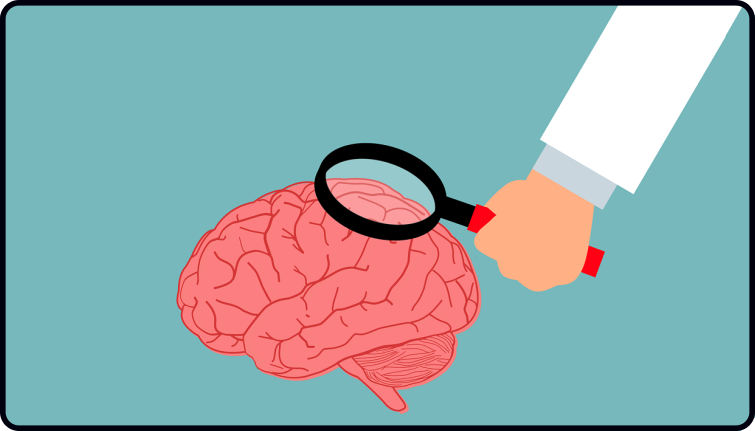As we all know, playing guitar is great for our brain health.
I’ve always joked that no one needs those brain training apps that were popular a few years ago… Instead, you just need to learn a few things on guitar!
The guitar is “brain training” made fun after all!
The way I see it, there are 3 levels of “brain training” on the guitar and I explain them below from least to most effective (in terms of the amount stimulation and impact that research shows they have on the ol’ grey matter).
Here they are…
#1 – Perfect what you already know
This is something we all should do, of course.
Fine-tuning and refining the songs you can already play is important. It takes thought and deep concentration to improve the subtleties that make your music sound more musical. This concentration can only be a good thing for the brain too, as you really do have to think hard about little things that add up to make a big difference.
Perfecting what you can already play, even by 1% per day, is something I recommend everyone do, and it is certainly good for your brain!
#2 – Learn new things
This is something we all naturally want to do.
Obviously, there is a limit to the number of new things you can learn, and unlike nearly every popular YouTube teacher out there (who post about 5 song lessons per week), I discourage you from learning too many new things at once. Most of the time, it’s better to re-cap things you have learnt and perfect them.
When you do learn new things though, it will test your ability to listen, process new information, understand it, memorise it, and then recall it, all of which engages the brain (the better you do the early steps, the easier the recall is by the way)
Just don’t try to learn too many things at once and ensure what you do learn, you learn well. (New stuff has the tendency to push old stuff out the brain, which is probably the most frustrating thing ever!).
#3 – Improvising and “noodling”!
This is probably my favourite in terms of brain stimulation and anyone can do it.
This step is definitely more in the mind than the fingers.
I have taught players who could jam beautiful pieces of music but could barely play a chord. There are many technically pretty average-level guitarists out there who are amazing songwriters (Paul McCartney and Bob Dylan are good examples of guitarists who say they are pretty average).
Anyway, the act of picking up the guitar each day, “noodling”, creating, and experimenting is good in so many ways, I urge everyone to do it – even for just a few minutes per day a few times per week.
There are a million ways to be creative and…
Research shows being creative does not mean conjuring up a masterpiece from thin air as if you were Dumbledore creating a Patronus with the flick of his wand.
It’s all about having the balance between memory and what they call “mental control”.
In other words, you need to be able to picture the future but have a handle on the past.
Being creative is a huge topic, and one I will likely expand upon more in the future (with tips on how to do so).
For today though, try doing one of the above three things and if you want more help on being creative, you may be interested in the new lessons inside the Dan Thorpe Acoustic Academy.
There will be three released on Tuesday (start of a new month) which cover the “Big Cycle” of scales (showing you how to jam up and down the fretboard with them), my brand-new “Wayfaring Stranger” beginner fingerstyle arrangement, and a two-minute blues challenge.
The deadline to get these lessons (and the free paperback books posted out to you) is tomorrow night at 11:59 pm:
If you are interested, you can:
Find out more about the Dan Thorpe Acoustic Academy
Dan Thorpe
Guitar Domination
P.S. This post was originally taken from Dan Thorpe’s private email list. To get blog posts like this sent to you which are full of great tips to make fingerpicking, strumming, and learning guitar more enjoyable (especially if you are over 40) join Dan’s list. It’s 100% free, HERE.


Add Comment